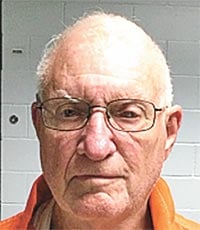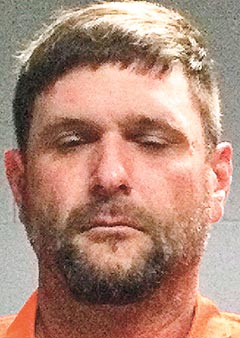Leggett man arrested for child pornography

 Anthony BartunekThe Polk County Sheriff’s Office executed a residential search warrant last week pertaining to the possession of child pornography.
Anthony BartunekThe Polk County Sheriff’s Office executed a residential search warrant last week pertaining to the possession of child pornography.
An investigation was initiated by detectives after the Polk County Sheriff’s Office received a call in reference to a male subject in possession of child pornography, at an address off Ollie Loop in Livingston. The male subject was later identified by detectives as Anthony Joe Bartunek, 78, of Leggett.
Bartunek is a registered sex offender with the State of Texas for the offense of possession of child pornography.
Subsequent to their investigation, a warrant was issued for Bartunek for possession of lewd visual material depicting a child, a third-degree felony.
On Friday, Bartunek was arrested without incident and transported to the Polk County Jail, where he was booked on the charge. Further investigation is still underway in this case by the Polk County Sheriff’s Office criminal investigations division.
- Hits: 879






